Are you concerned about your hair falling out? Is your hair falling out daily causing you sleepless nights? If you answered yes, you may have found the perfect spot to find solutions to all of your hair loss issues. There are numerous chemicals and drugs that claim to have efficient hair-removal properties, but all they provide is false hope. However, if you are properly diagnosed, you can control hair loss with natural and efficient home remedies.
- What Causes Hair Loss?
- Hair Fall Prevention Strategies
- Hair Fall Natural Remedies
- Hair-Balancing Diet
- Hair Care Suggestions To Keep Your Hair In Good Shape
- Frequently Asked Questions
What Causes Hair Loss?
1. Deficiencies in nutrition
Critical elements like iron, copper, zinc, and proteins are most likely absent from your diet. Another reason for hair loss is vitamin D deficiency. Make an effort to get outside and soak up some sun to avoid this.
2. Hormonal Discord
After the age of 30, women's hormones might become unbalanced, resulting in hair loss. The most common cause is excessive dihydrotestosterone (DHT) conversion. Despite the fact that oestrogen is the primary hormone produced by women, testosterone and other androgens such as DHEA are also found in the female body. Once a woman reaches a certain age, she may start to convert these androgens to DHT.
3. Issues with the thyroid
The hair growth cycle can be disrupted if the thyroid gland, located in the front of the neck, produces too much or too little thyroid hormone. If you do have a thyroid problem, you'll notice weight gain or loss, sensitivity to cold or heat, and changes in heart rate in addition to hair loss.
4. Polycystic ovarian syndrome (PCOS)
Women with the polycystic ovarian syndrome (PCOS) have a hormonal imbalance that results in greater than usual amounts of androgens. Hair on the face and body frequently grows faster than the hair on the head. Ovulation issues, acne, and weight gain can all be symptoms of PCOS.
5. Pills for birth control
Hair loss is a side effect of birth control medications. The hormones in the pill that inhibit ovulation can cause hair loss, especially in women who have a family history of hair loss. You may get hair loss if you stop taking the drug. Hair loss has been linked to blood thinners, as well as drugs for high blood pressure, heart disease, arthritis, and depression.
6. Stress
Excessive stress can result in abrupt hair loss that might linger for months. Hair loss can be prevented by reducing stress levels through exercise, meditation, yoga, and massages.
7. Cosmetics for hairstyling
Because of the hazardous chemicals in dyes and styling treatments, over-treated hair can lead to hair loss. Similarly, practically all shampoos contain sodium lauryl sulphate (SLS), which is hazardous to the immune system and has been shown to erode hair follicles and obstruct hair development. Natural shampoos and colours should be used whenever possible.
8. Medical Conditions
Telogen effluvium causes a lot of hair to fall out all over your head. We lose about 100 hairs every day on average, but stress, sickness, medicine, and hormones can cause shedding to speed up. Within six months, the hair usually regrows.
Androgenetic alopecia In women, hair thins in the front, just behind the hairline, but remains thick in the back. The male sex hormone testosterone is converted to another hormone, dihydrotestosterone (DHT), by an enzyme, causing hair follicles to generate thinner hair until they quit.
alopecia Up to 2% of the population is affected by this autoimmune disorder. Hair loss occurs in circular patches that may develop to full baldness. Hair regrows in the majority of cases.
The process of maturation Hair growth slows as we age. Hair becomes thinner, finer, and grey as strands shrink and lose pigment. Eat entire meals to maintain your hair and body healthy. You can locate natural vitamins to help you if your hair is prematurely greying.
Genetics Androgenetic alopecia is the most prevalent cause of hair loss, and it is also known as genetic alopecia. The gene can be inherited from either your mother's or father's side of the family, though if both of your parents have hair loss, you're more likely to have it.
Hair Fall Prevention Strategies
1. Using shampoo
It's crucial to know your scalp type and use the right shampoo for it. Your hair should also be washed according to your scalp. Hair loss can be caused by over-washing hair with a dry scalp, as well as failing to clean oily locks three times a week.
Also, check sure the shampoo doesn't contain chemicals like sulphate, paraben, or silicone, which can leave your hair brittle and prone to breaking.
2. Conditioner
A good conditioner may make a tremendous impact on the condition of your hair. It includes amino acids that aid in the restoration of damaged hair while also keeping it silky.
3. Exercise and Diet
All of the vital nutrients, such as protein and iron, must be provided to your hair. Make sure you exercise regularly in addition to eating a well-balanced diet. Yoga and meditation can help to minimise hair loss.
4. Treatments Using Chemicals
Straightening, perming, and colouring your hair are all harmful to your hair. Additionally, avoid using blow dryers and curling rods on damp hair because they actually boil the water in your hair shaft, making it brittle.
Use the lowest heat setting possible if you must use a blow dryer. Start with a fortifying leave-in conditioner and conclude with a protective spray if you're using additional products that heat your hair.
5. Applying the oil
Oiling the roots increases blood circulation and nourishes them. Once a week, massage your tresses with a scalp-friendly oil. After two hours, remove it with a light shampoo and cover it with a shower cap.
6. There are far too many styling products
Using too many chemical-laden hair products can be hazardous in the long run. It's advisable to avoid them and instead opt for natural, home-cooked meals.
Hair Fall Natural Remedies
1. Mask made of eggs
Eggs include sulphur, phosphorus, selenium, iodine, zinc, and protein, all of which help to promote hair growth.
To make the mask, follow these steps:
- Separate one egg white in a bowl and combine with a teaspoon of olive oil and honey.
- Using your hands, make a paste and apply it from root to tip.
- After 20 minutes, wash with a mild wash.
2. Root of Licorice
This herb guard against further hair damage and loss. It calms the scalp and gets rid of dandruff and dry flakes.
- To produce a paste, combine 1 cup milk, 1 tablespoon crushed Licorice root, and 1/4 teaspoon saffron in a mixing bowl.
- This should be applied overnight on your scalp and hair length.
- Wash your hair the next morning.
- This should be done twice a week.
3. Milk made from coconut
The protein and essential fats in it help with hair development and hair loss.
To make the milk, follow these steps:
- Cook a medium coconut for five minutes in a pan after grating it.
- Strain and set aside to chill.
- To the milk, add one tablespoon each of crushed black pepper and fenugreek seeds.
- Apply to your hair and scalp.
- Rinse with shampoo after 20 minutes.
4. Green Tea
The antioxidants in this tea aid in hair development and hair loss prevention.
Two to three teabags soaked in one to two glasses of boiling water, depending on the length of your hair
Pour it over your scalp and hair when it's cool enough to handle, then gently massage your head.
After an hour, rinse with cool water.
5. Juice of beets
Folate, manganese, betaine, and potassium, as well as vitamins C and B6, are required for hair development. By keeping the scalp clean, also acts as a detoxifying agent.
- Cooked and powdered beetroot leaves, with 5-6 henna leaves
- Apply the paste to your scalp and leave it on for 15-20 minutes before rinsing with warm water.
6. Honey with Greek Yoghurt
In a bowl, combine 2 tablespoons of yoghurt, 1 tablespoon honey, and the juice of 1 lemon.
Using a dye brush, apply this mixture to the scalp and roots.
Before rinsing with cold water, wait 30 minutes.
Once a week, apply this paste.
7. Aloe Vera
Aloe Vera is a natural hair loss and hair growth remedy. It can also aid with itchiness and peeling on the scalp.
- The pulp of the Aloe Vera stalk should be extracted.
- After applying it to your hair and scalp, leave it on for 45 minutes.
- Rinse well with plain water. Repeat this method three to four times each week for better results.
8. Seeds of Fenugreek
One of the most effective home cures for hair loss is fenugreek seed, commonly known as Methi seed. It promotes hair regrowth by regenerating hair follicles.
- Soak the fenugreek seeds in water overnight.
- It can be made into a thin paste and applied to your hair and scalp.
- Allow the paste to dry on your head for 30 minutes.
- A shower cap will help to keep your scalp moist.
- After 30 to 40 minutes, rinse it with ordinary water.
- There's no need to use shampoo.
- Control hair falls by doing it twice a week for a month.
9. Onion Juice
Onions' antibacterial characteristics help to prevent scalp infections, and their sulphur component stimulates blood circulation to the hair follicles. It promotes hair growth while also preventing hair loss.
- To extract onion juice, grind the onion first and then squeeze it.
- Using a cotton ball coated in onion juice, apply it to your scalp.
- Allow it to rest for 20 to 30 minutes before rinsing with warm water and a light shampoo.
- Repeat this approach once a week to notice the outcomes.
10. Amla
Indian Gooseberry, often known as Amla, is another effective home remedy for preventing hair loss. A vitamin C deficiency is one of the causes, thus consuming amla will strengthen your hair follicles and help you manage it. The anti-inflammatory and exfoliating properties of amla aid in promoting faster hair growth, maintaining a healthy scalp, and preventing premature greying.
- To produce a paste, combine the lime juice and amla powder.
- It is recommended that you massage it into your scalp and hair.
- To keep the Paste from drying out, put a shower hat on your head.
- Allow for an hour of drying time before rinsing with normal water.
Hair-Balancing Diet
While treatments and shampoos are helpful in maintaining healthy hair, a balanced diet is a key to thick, lustrous, and strong locks.
1. Spinach
Hair loss is most commonly caused by an iron shortage. Spinach is high in iron, as well as vitamins A, C, and protein. Sebum, a natural hair conditioner that contains omega-3 acid, magnesium, potassium, and calcium, is also present. These are beneficial to maintaining a healthy scalp and shiny hair.
2. Carrots
Carrots, which are known to be healthy for the eyes, also contain Vitamin A, which promotes hair development. A lack of vitamin A might result in a dry, itchy scalp. Carrots are recognised for thickening hair, making it shiny, improving blood circulation, strengthening hair, protecting it from external damage such as pollution, and preventing hair breakage and hair fall.
3. The Egg
Eggs help to heal damaged hair since they contain 68 per cent keratin protein. Biotin, a B vitamin that promotes hair growth, is also abundant in them.
4. Oatmeal
Oats are high in fibre, zinc, iron, omega-6 fatty acids, and polyunsaturated fatty acids (PUFAs), all of which promote hair growth and keep it thick and healthy.
5. Walnuts
Walnuts are high in biotin, B vitamins (B1, B6, and B9), Vitamin E, protein, and magnesium, all of which help to strengthen hair cuticles and hydrate the scalp. It aids in the protection of your cells from DNA damage induced by exposure to the sun.
6. Lentils
Lentils have high levels of protein, iron, zinc, and biotin. They're also high in folic acid, which is necessary for red blood cell health and oxygen transmission to the skin and scalp.
7. Chicken
Lean foods, such as chicken or turkey, are abundant in high-quality protein, which helps to strengthen and prevent the breaking of brittle hair.
8. Guavas and Strawberries
Strawberry has a lot of silica in it. Silica is an essential trace mineral for hair strength and growth. Silica is also found in rice, oats, onion, cabbage, cucumber, and cauliflower. Vitamin C also keeps hair from splitting and becoming brittle. While oranges are commonly thought to be the best source of vitamin C, one guava has four to five times the amount.
9. Yoghurt
Yoghurt is abundant in vitamins B5 and D, which are thought to help hair follicles stay healthy.
10. Sweet Potatoes
Beta carotene protects against dry, brittle hair by stimulating the glands in your scalp to produce sebum, an oily fluid. Carrots, pumpkin, cantaloupe, mangoes, and sweet potatoes are all good sources of this.
Hair Care Suggestions To Keep Your Hair In Good Shape
1. Trims on a regular basis
The tips of your hair are the most damaged, and a good cut every six to eight weeks will help you address your problems. Damaged hair has a straw-like texture that can be shaved down to promote growth and remove split ends.
2. Anxiety
Stress is linked to a variety of health conditions, including hair loss. Hair growth can also be hampered, leading to premature greying. Meditation and yoga, when practised regularly, can be effective stress relievers.
3. Take Cold Showers Rather Than Hot Showers
Hot showers, as soothing as they are, dehydrate strands and deplete the scalp of natural oils, resulting in dry, brittle hair that is more prone to breakage. Instead, use lukewarm water and rinse your hair at the coldest temperature possible.
4. Using a Comb in Wet Hair
When our strands are moist, they are more brittle and prone to breaking. As a result, use a wide-toothed comb or let them air-dry before styling.
5. Hairstyles that are too tight
It's essential to avoid pulling your hair too tight from the roots, as this might cause damage. It's also a good idea not to sleep with your hair tied back.
Frequently Asked Questions
Q. What should I do about my extreme hair loss?
A. If you have any type of hair loss, you should see a dermatologist or trichologist. An expert can provide you with the appropriate guidance in this regard.
Q. Is it possible to reverse alopecia?
A. Alopecia areata does not have a cure at this time. However, with the correct medication and a healthy lifestyle, you have a nearly 80% chance of getting your hair back in the next year.
Q. Is it necessary to have a hair plant if you're balding?
A. Having a natural mop of hair after a hair transplant does not happen overnight. The roots take around 6 months to take hold. In addition, the recuperation phase has its own set of problems. It's preferable to speak with a trichologist about this because only after a thorough examination can you determine whether or not this operation is necessary.


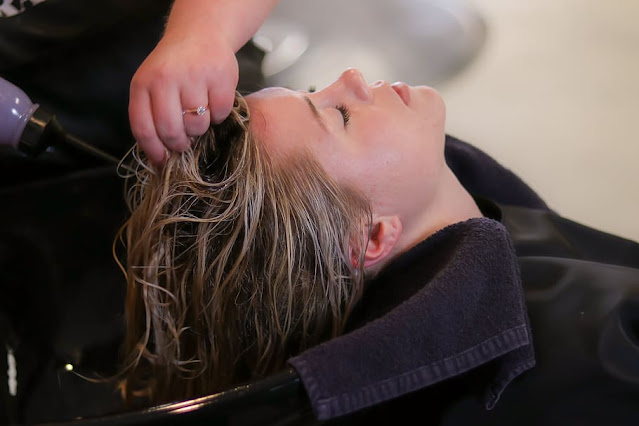


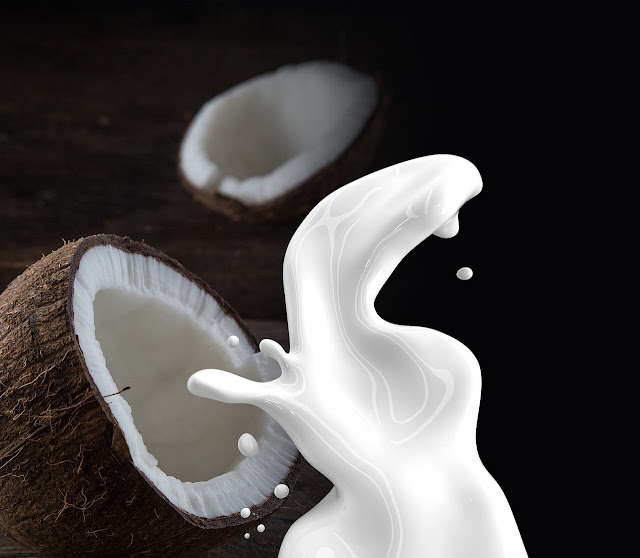






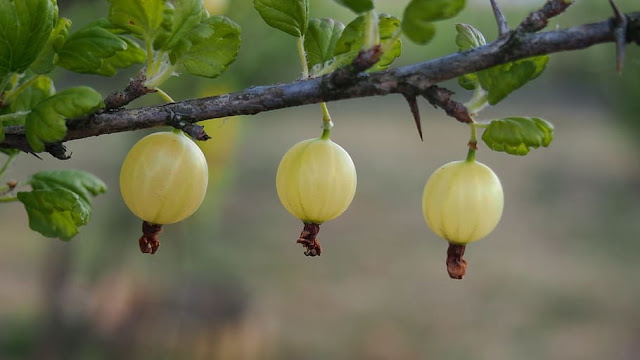

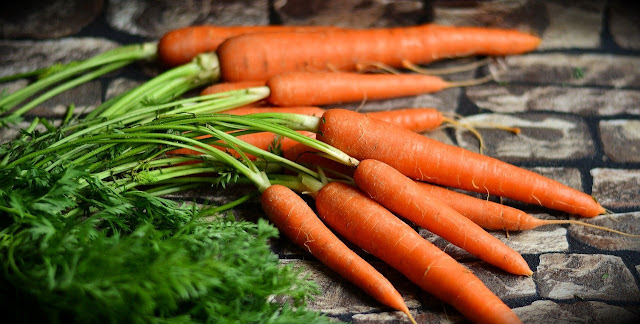




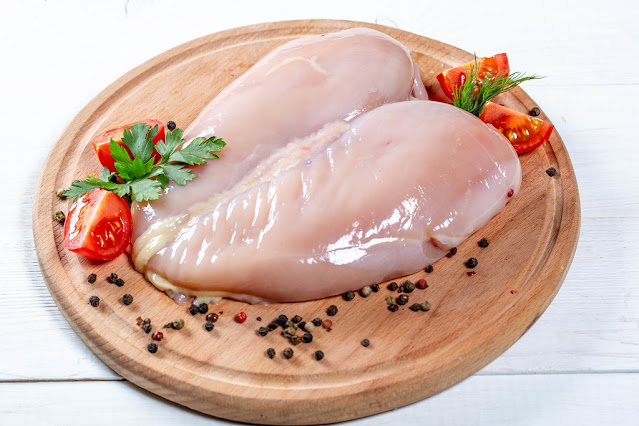
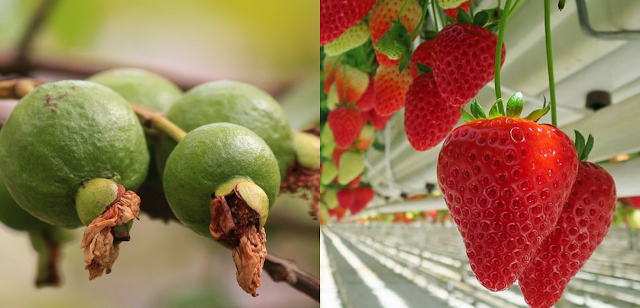
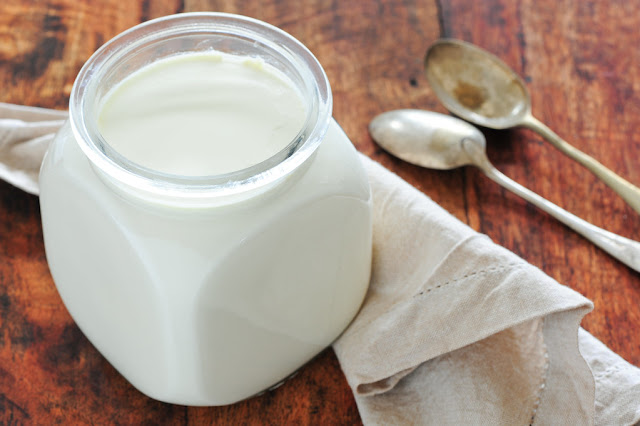

Nice post. Nowadays stress is one of the main reason of hair fall. That egg remedy is good for hair but the smell of egg is ..So for a hair growth take Herbal hair fall supplement
ReplyDeleteHow To Prevent Hair Loss And Control It With Natural Home Remedies - Renown Scribble >>>>> Download Now
ReplyDelete>>>>> Download Full
How To Prevent Hair Loss And Control It With Natural Home Remedies - Renown Scribble >>>>> Download LINK
>>>>> Download Now
How To Prevent Hair Loss And Control It With Natural Home Remedies - Renown Scribble >>>>> Download Full
>>>>> Download LINK Y4